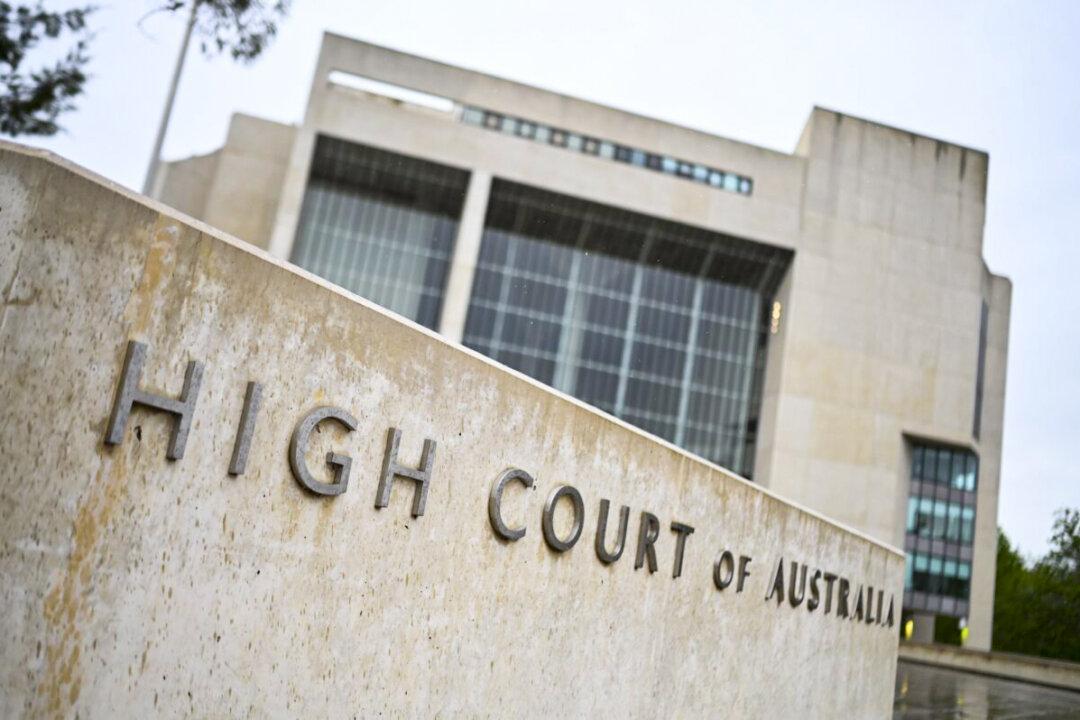Commentary
On June 8, the Australian High Court handed down a controversial decision to strike down government powers to strip nationals of citizenship for engaging in suspected terrorist activities. The court ruled in favour of Delil Alexander, a Turkish citizen whose Australian citizenship was cancelled in 2021, due to the national security agency’s assessment that he had joined the Islamic State and engaged in foreign incursions and recruitment. By majority, the court-ordered Alexander’s citizenship must be restored with the Australian government to pay costs.





